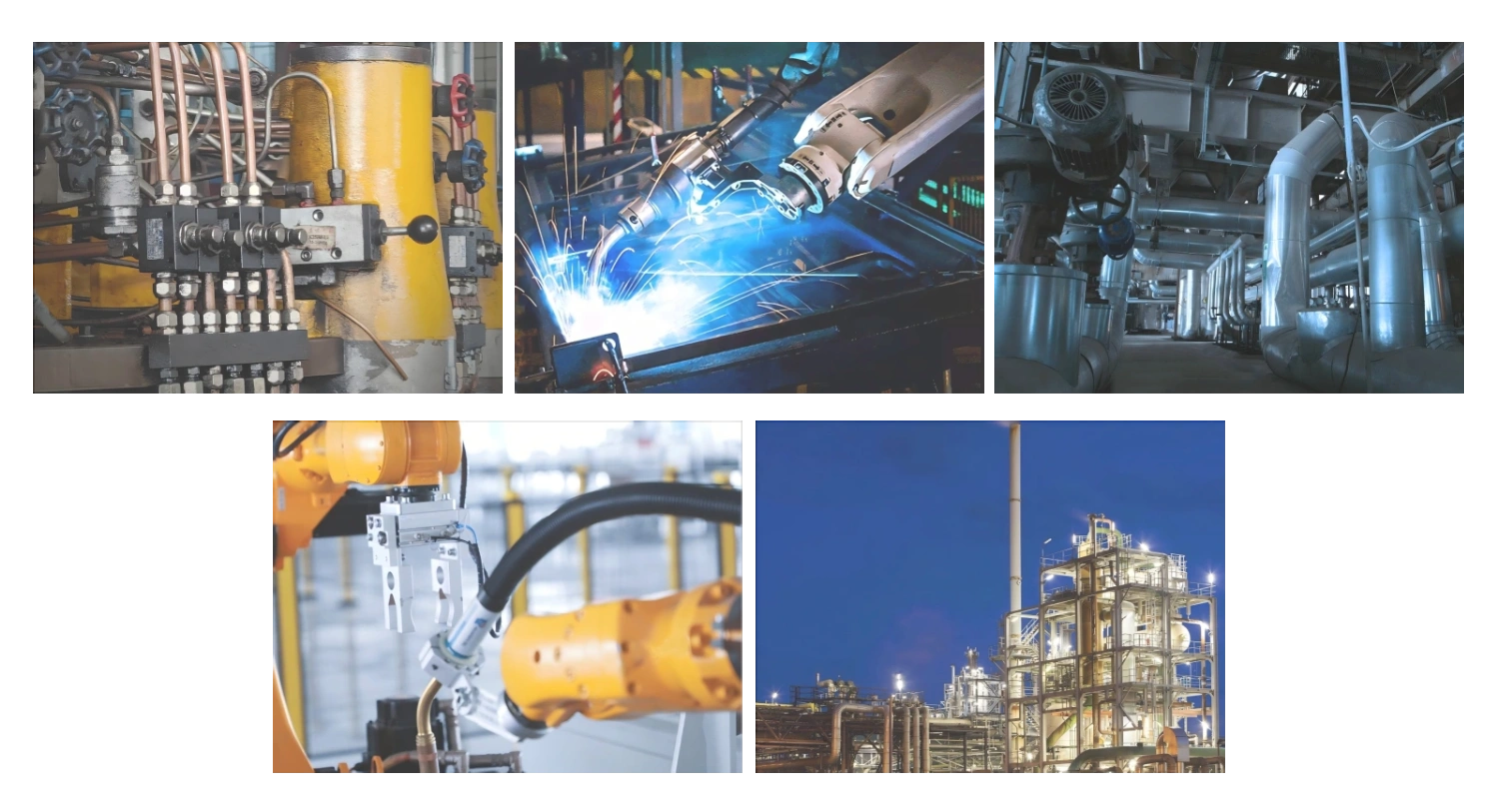Evaluating Production Capacity and Lead Times
Selecting the right rubber parts manufacturer means looking closely at what they can produce and how fast they deliver. Scaling production usually depends on two main factors: the type of machines they have running and how many workers are available. Manufacturers equipped with modern machinery typically handle bigger orders without breaking a sweat when needed. Lead times matter too, especially for companies relying on just-in-time manufacturing where getting products on schedule makes all the difference. Big manufacturers often cut down wait times quite a bit actually some manage cuts around 20% or even better. Getting stuff delivered on time keeps everything moving smoothly through the supply chain. When shopping around for suppliers, check if they can handle sudden spikes in demand while still keeping deliveries regular and predictable.
Importance of Industry Certifications and Standards
When looking for a rubber parts manufacturer, industry certifications matter quite a bit. Take ISO 9001 for instance. This certification shows a manufacturer cares about quality control and follows regulations properly. Companies with these kinds of certifications usually have solid systems in place so their products stay consistent and reliable over time. Plus, meeting specific industry standards means those rubber components will actually work safely in whatever application they're meant for. According to Mark Thompson from RubberTech Insights, businesses that stick to established standards tend to build stronger relationships with customers and stand out against competitors. So anyone shopping around for manufacturers should always check what certifications they hold and get details on how exactly they keep up with all those industry requirements.
Industry Experience and Technical Expertise
Specialization in Automotive and Industrial Applications
Picking the right rubber parts manufacturer means looking at what they specialize in, especially if automotive and industrial applications are important. After all, precision matters a lot in these areas, and so does how long the parts last. Companies that have spent years working on similar projects tend to handle tough specifications much better than newcomers. They know what works when things get rough in real world conditions. We've seen time and again that manufacturers with solid automotive credentials generally see around 30 percent more successful outcomes compared to others. Take a good look at their past work too. Check if they've done anything close to what we need. This gives us a clearer picture of whether they can actually deliver both quality and dependability over the long haul.
Custom Engineering Solutions for Unique Needs
When companies need something beyond off-the-shelf products, custom engineering gives them an advantage because it tackles those special design challenges that only exist in certain industries. Manufacturers who work hand in hand with clients to create rubber parts just right for their needs tend to get better results. These made-to-order parts last longer and perform better across all sorts of situations. Industry professionals have seen time and again how these custom built solutions really stand up under pressure in niche markets where standard components just won't cut it. Looking at what a supplier has done before with similar projects tells a lot about whether they'll be able to handle our particular requests accurately while still bringing fresh ideas to the table.
Advanced Manufacturing Capabilities
Rubber Injection Molding Machinery Applications
Rubber injection molding methods have become essential for making complicated shapes that meet strict dimensional requirements across many industries. These advanced approaches allow manufacturers to produce parts that fit exactly what different sectors need, particularly in cars and airplanes where precision matters most. With today's equipment and tech improvements, companies are seeing real benefits from these processes. They run faster, create less scrap, and generally deliver better quality products than older methods did. Some stats show that molded rubber parts actually use around 95% of raw materials without wasting much, which cuts down on expenses significantly. For factories trying to stay ahead in competitive markets, investing in good machinery pays off big time, especially when working on detailed items like seals and gaskets that require exact specifications.
Material Selection: From EPDM to FKM Compounds
Choosing the right material makes all the difference when it comes to how well rubber parts perform and how long they last. For different jobs we often turn to specific types like EPDM or FKM compounds because each has its own special traits. Take EPDM for instance it stands up really well against heat, bad weather conditions, and ozone damage which is why so many car makers and factories rely on it for parts that get exposed to tough outdoor elements. Then there's FKM compounds that can handle pretty much anything thrown at them chemically speaking plus they work great under extreme heat conditions something the aerospace industry needs constantly. Getting the material right means components won't wear out so fast, which is why looking closely at what kind of chemicals they'll face and what temperatures they'll endure matters a lot during design phase. Working directly with suppliers who actually know their stuff about materials leads to better performing products that stand up to real world stress over time.
Product Range and Customization Options
Industrial Gaskets and Seals Manufacturing
Getting familiar with how industrial gaskets and seals are made really helps boost machine performance. These parts stop leaks across different setups, which protects the equipment and cuts down on repair bills. When it comes to making gaskets, manufacturers typically work with materials like rubber, PTFE, and graphite. Each material works best for certain jobs depending on what's needed from them in terms of lasting power, ability to handle heat, or standing up against chemicals. Rubber gaskets tend to show up in places where the system needs some give and can withstand harsh chemicals. What makes these gaskets so valuable is their ability to keep leaks at bay, which means fewer breakdowns and repairs over time. This simple function actually saves companies money while keeping operations running smoothly day after day.
Specialized Components for Machinery and Equipment
Rubber parts made specifically for certain machines really matter because they solve problems that standard components just cant handle. When making these special pieces, factory folks talk a lot with their engineers about what works best on the shop floor. This back and forth helps create things like those custom seals and vibration isolators that actually fit right and work properly when installed. Someone who knows the industry inside out says companies that invest in these specialty parts see better machine performance and fewer breakdowns, something plant managers care deeply about since every minute lost means money down the drain. These made to order solutions make all the difference in keeping those complicated manufacturing operations running smoothly day after day.
Quality Control and Customer Support
Testing Protocols for Durable Rubber Components
Testing protocols need to be thorough if we want durable rubber parts. Important tests look at things like tensile strength and flexibility to see how these materials hold up when stressed in different ways. Take tensile strength testing for example it tells us exactly how much force a material can take before breaking point. This kind of information matters a lot for industries such as car manufacturing and heavy equipment where failure isn't an option. Regular inspections during production really count too because catching problems early saves everyone headaches later. When companies stick to strict quality standards, they typically cut down defects somewhere around 25% give or take. That means lower waste, better bottom line numbers, and customers who trust their products won't fall apart after first use.
24/7 Technical Assistance and Logistics Networks
Round-the-clock technical help stands at the heart of good customer service when it comes to fixing problems fast. When something goes wrong with their products, customers want answers right away before operations come to a grinding halt. Logistics matters just as much though. Companies need reliable shipping networks to get goods where they need to be on time. Supply chains that work smoothly keep customers happy over the long haul. Industry pros point out that businesses combining solid tech support with dependable delivery systems see better results in keeping customers coming back month after month, something that makes all the difference for staying competitive in tough markets.







